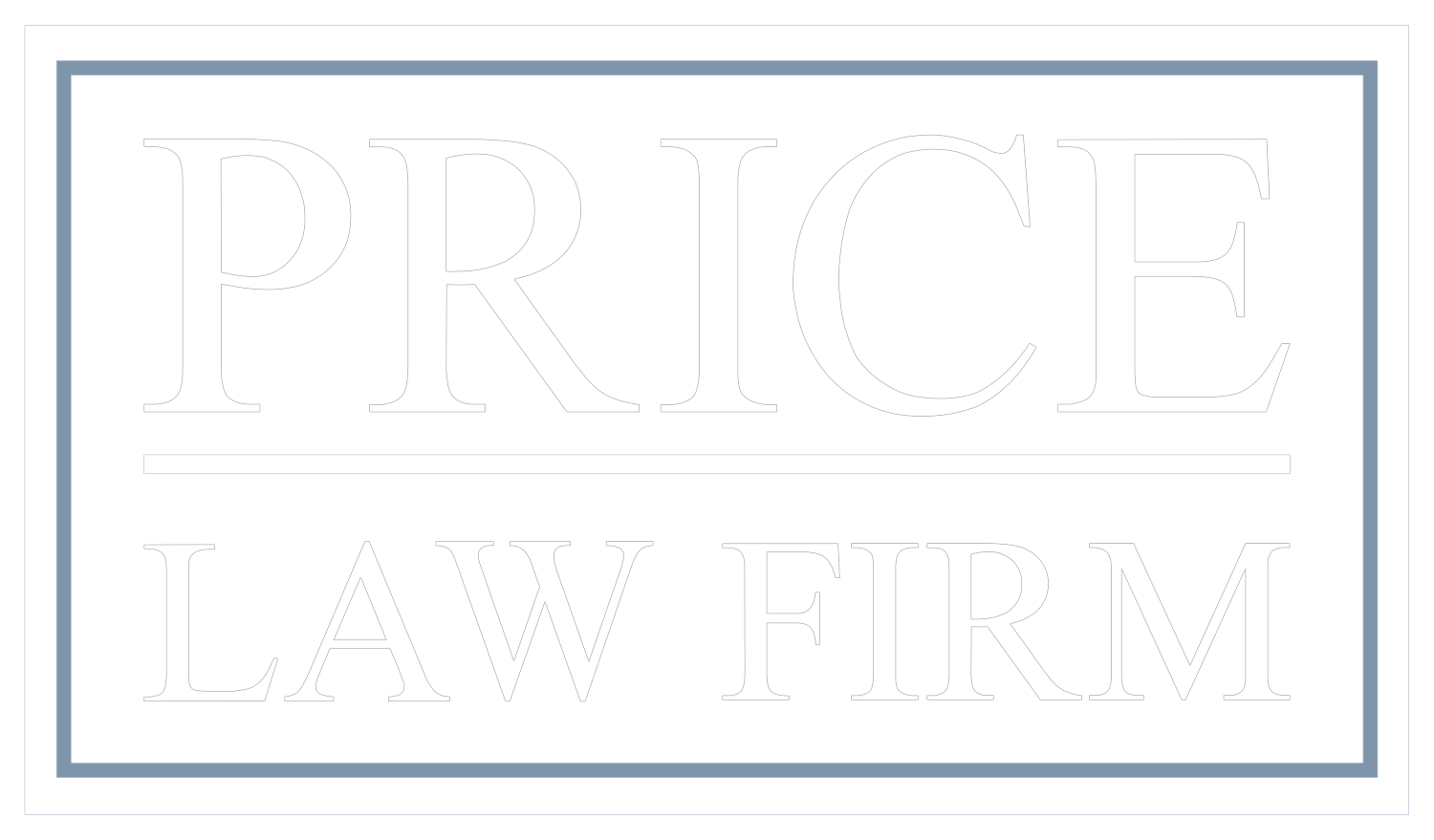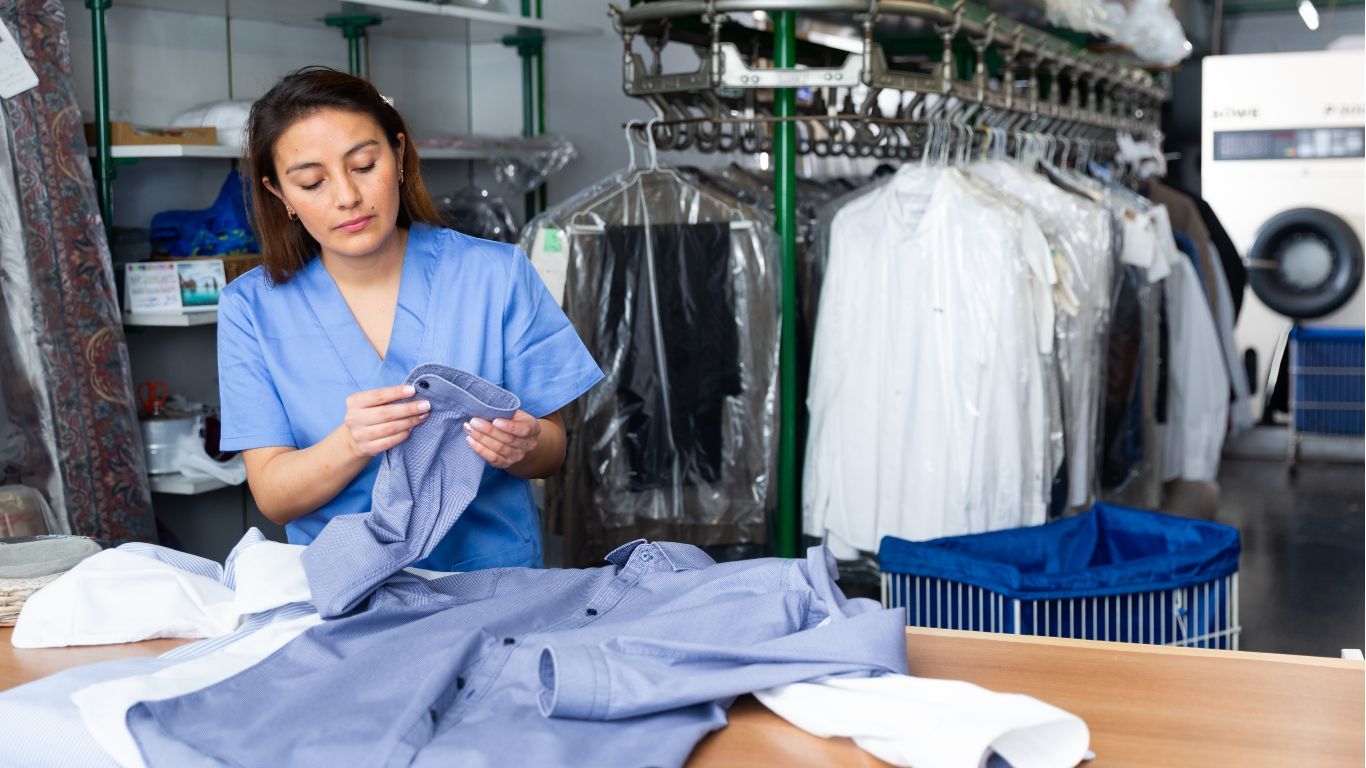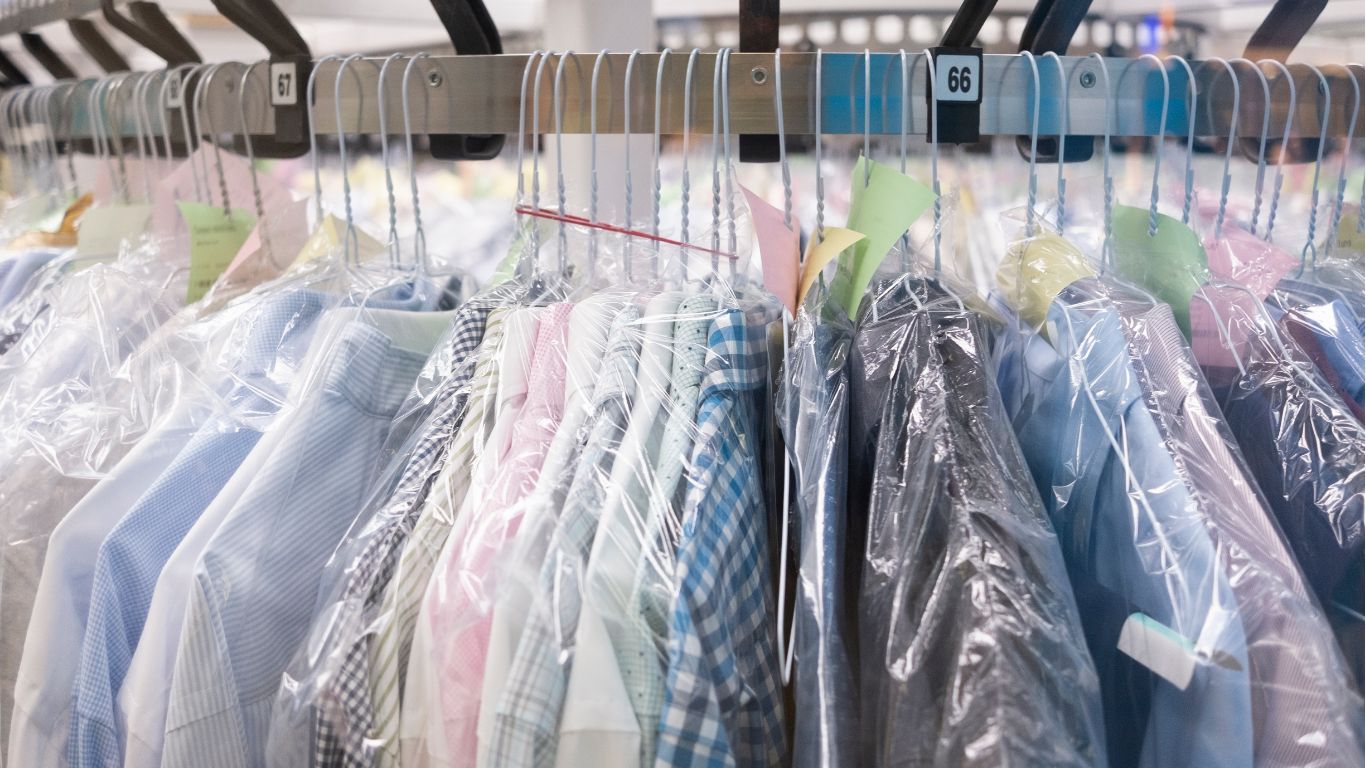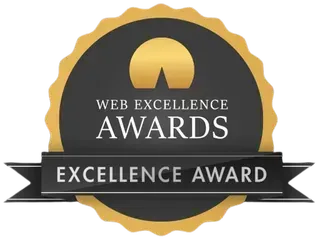
Landlord-Lender Agreements in Laundromat Financing: What Tenants and Landlords Need to Know
Laundromats are capital-intensive businesses. Operators frequently rely on equipment financing for washers, dryers, payment systems, and water heaters. While leases are typically negotiated between landlords and tenants, a third party—the lender—enters the picture when financing is involved. This is where landlord-lender agreements, also known as waiver and consent agreements, become essential.
These agreements coordinate the rights of the landlord, the lender (typically an equipment finance company), and the tenant. When properly drafted, they protect collateral, minimize risk, and avoid litigation if the business fails or defaults.
What Is a Landlord-Lender Agreement?
A landlord-lender agreement grants the lender rights to access, maintain, and if necessary, repossess financed equipment located on leased premises. In exchange, the landlord may receive notice protections, indemnity, and limited back rent coverage. These agreements often make or break laundromat financing—a lender may not fund without one.
Key Terms to Watch
1. Waiver of Landlord’s Lien Rights
Most commercial leases give landlords a lien or security interest in tenant property in the event of unpaid rent. Lenders require a specific waiver of those rights as to the financed equipment. A well-drafted agreement will ensure that the landlord does not assert any claim or interest in the equipment—even in the event of tenant default.
Legal Tip: The waiver should be narrowly tailored to protect only the lender’s specified equipment, not the tenant’s entire inventory.
2. Lender’s Access and Removal Rights
In default scenarios, the lender typically wants the right to enter the premises and remove its equipment. The agreement should require removal to be performed in a workmanlike, commercially reasonable manner, with the lender responsible for repairing any damage caused during the process.
This balances lender access with landlord protection and helps avoid disputes or unauthorized entry.
3. Notice and Cure Rights
Most landlord-lender agreements include a provision requiring the landlord to provide written notice of any tenant default and any vacancy or lease termination. This gives the lender an opportunity to appoint a replacement tenant or arrange for equipment removal within a specified window (commonly 60 days).
This type of provision gives lenders a meaningful opportunity to mitigate loss without interference.
4. Replacement Tenant Provisions
Some agreements give the lender the right to appoint a replacement tenant, who must:
- Pay rent at the current lease rate;
- Comply with all lease terms; and
- Be reasonably acceptable to the landlord.
If no replacement is appointed within the agreed timeframe, the lender may still remove the equipment—subject to damage repair and access conditions.
This provision benefits all parties: it reduces landlord vacancy exposure, preserves value for the lender, and maintains business continuity.
5. Rental Arrears and Back Rent Obligations
Another important issue is whether the landlord can require payment of back rent before allowing the lender to access or remove equipment. Some agreements include a limited rental arrears provision, where the lender agrees to pay up to a capped amount of delinquent rent, often one or two months, but only if properly notified of the tenant’s default.
If the lender removes the equipment within a shorter window (e.g., 15 days from notice), the agreement may provide that no rent is due from the lender at all.
This structure offers landlords a financial buffer while preserving the lender’s ability to protect its security interest. It also encourages prompt notice and cooperation between the parties.
6. Non-Fixture Status and Title Protection
Lenders require that all financed laundromat equipment—though physically installed, vented, or plumbed—remain personal property, not fixtures. The agreement should clearly state that the equipment is not part of the landlord’s real estate, thereby preserving the lender’s rights under UCC Article 9 and shielding it from third-party claims.
Final Thoughts
Landlord-lender agreements are not boilerplate documents—they are core to the legal and financial structure of laundromat operations. For landlords, these agreements provide clear boundaries and optional protections. For tenants, they are often essential to obtaining funding. And for lenders, they are a condition of doing business.
If you are negotiating one of these agreements—or your lease involves tenant-financed equipment—make sure the document is reviewed by an attorney experienced in secured transactions, commercial leases, and laundromat-specific concerns.
Have questions about equipment financing, landlord consents, or tenant default remedies? Contact my office—I am here to help structure deals that work for everyone involved.
Don’t leave your legal matters to chance. SCHEDULE A CONSULTATION OR CALL US AT (212) 675-1125 for a personalized consultation and let our experts guide you through every step of the process.
Joshua Clinton Price
Founder of The Price Law Firm LLC
Josh Price is a lawyer who is sought by clients with complicated cases because of his extensive knowledge of the law and his ability to help the law evolve.
Search an article
Contact Us for a
FREE Consultation
Blog (Website Form)
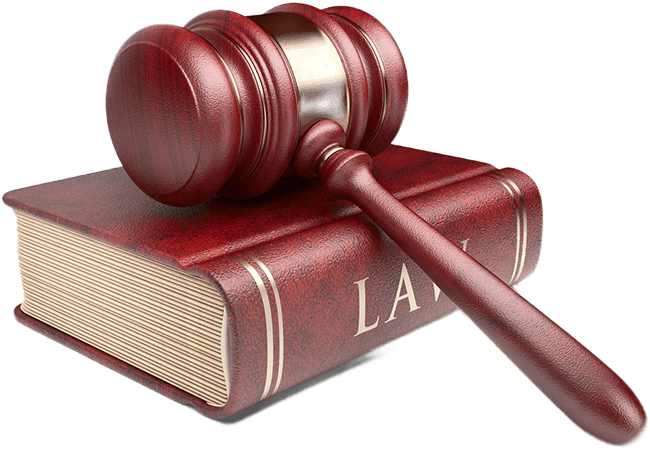
Facing a real estate issue?
Contact us to schedule a consultation and get expert legal advice tailored to your specific needs and circumstances.
OR CALL US NOW AT:
SHARE THIS ARTICLE:
Recent Posts
Get Expert Legal Advice


